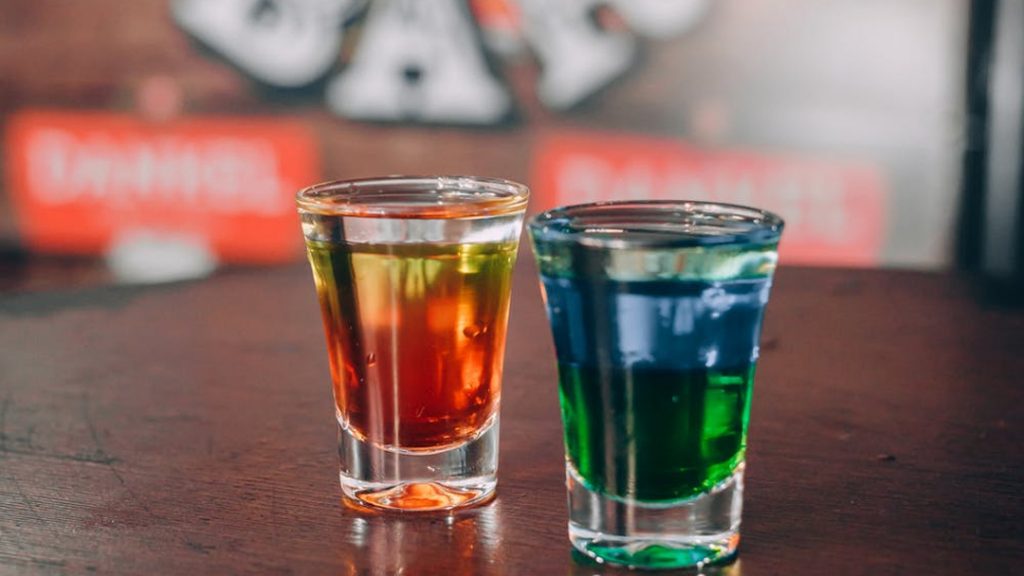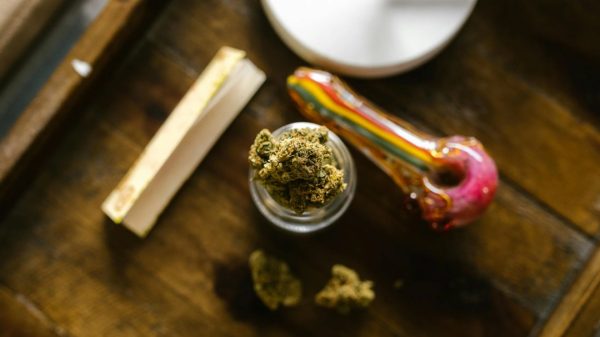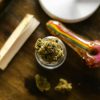Many drink alcohol to feel more social with friends, on dates, or at live events. In small amounts, alcohol can make someone relaxed and less inhibited. In the same vein, some take stimulants to feel energized and talkative before a long night out. Even though stimulants and depressants may be taken for some of the same recreational reasons, if binged on, they have very different effects.
Some may not know what type of drug alcohol is, or how it works on the body. Those who have developed a stimulant use disorder sometimes think switching over to alcohol is a “safer” drug, but don’t know alcohol can be just as dangerous if abused. Below we’ll take a look at what type of drug alcohol is, and the effects and dangers of depressants.
What Type of Drug Is Alcohol?
Alcohol is a depressant drug that is typically grouped together in the “downer” family. These substances work on the central nervous system and can induce feelings of relaxation and sedation, and relieve pain.
Aside from alcohol, common depressants are:
- barbiturates
- benzodiazepines
- gamma-hydroxybutyric acid (GHB)
- Rohypnol
Most depressants are classified as controlled substances by the Drug Enforcement Agency and can range from Schedule I to Schedule IV. This means some of them can be medically used, but have high risks of addiction. Benzodiazepines and barbiturates are sometimes prescribed to treat seizures, anxiety, and insomnia. However, because of their addictive nature, they are now prescribed less often. GHB and Rohypnol are known as “date-rape” drugs because they cause drowsiness and memory loss fairly quickly.
Alcohol is a depressant that is legal for recreational use and is one of the most abused drugs in the nation. According to the National Institute on Alcohol Abuse and Alcoholism, in 2019 85% of Americans aged 18 and older said they had tried alcohol at some point in their life. They also reported that 25% indulged in binge drinking, which is defined as having five or more drinks for a male or four or more drinks for a woman in two hours.
What Are the Short-Term and Long-Term Risks of Alcohol?
Alcohol can be used in responsible amounts and not cause detrimental harm. However, if abused, there are many health, emotional, and social problems that may arise, both in the short-term and long-term. Alcohol can affect someone’s behavior and cause them to experience a loss of bodily control. In some cases, someone will experience a “blackout,” which is when memory loss occurs from over-consumption.
Some short-term risks are:
- slurred speech
- poor coordination and motor skills
- slow reaction time
- impaired judgment
When done in excess over a long period of time, alcohol can cause liver failure, respiratory problems, and depression. Like other downers, alcohol creates dependence, which may lead to a substance use disorder.
What Is a Stimulant?
Though some ingest both alcohol and stimulants to “loosen up” and lose inhibition, the two drugs usually develop varying effects on the body. Depressants can cause sedation and unconsciousness, and will slow down body functions. Contrarily, stimulants create bursts of energy, speeding up the body’s system and causing long-lasting wakefulness.
Stimulants can also be prescribed for various health reasons, but are also manufactured illegally. The most popular type of stimulant is cocaine, but there are many different types. Stimulants are sometimes called “uppers.”
Forms of stimulants include:
- amphetamines
- crack cocaine
- methamphetamines
- khat
Stimulants create euphoria and excitement that may seem pleasurable, but they also carry many dangerous risks. Some of these are:
- anxiety
- tremors
- increased body temperature and heart rate
- erratic behavior
- paranoia
- reduced appetite
- seizures
- coma
Stimulants tend to wear off quickly, causing someone to go on binges with the drug. Someone may stay up for days ingesting the drug, avoiding life responsibilities, hygienic routines, and eating. This can lead to poor health, financial trouble, and relationship issues. Sometimes, alcohol is combined with a stimulant to offset drowsiness and eliminate the possibility of blacking out, though this isn’t proven to always work.
Getting Help for a Substance Use Disorder
If you or a loved one think they have a problem with alcohol or stimulants, there are different types of treatment that can help you start recovery. Inpatient and outpatient programs provide therapy and counseling for addiction treatment and may lead you to a substance-free life.





































































